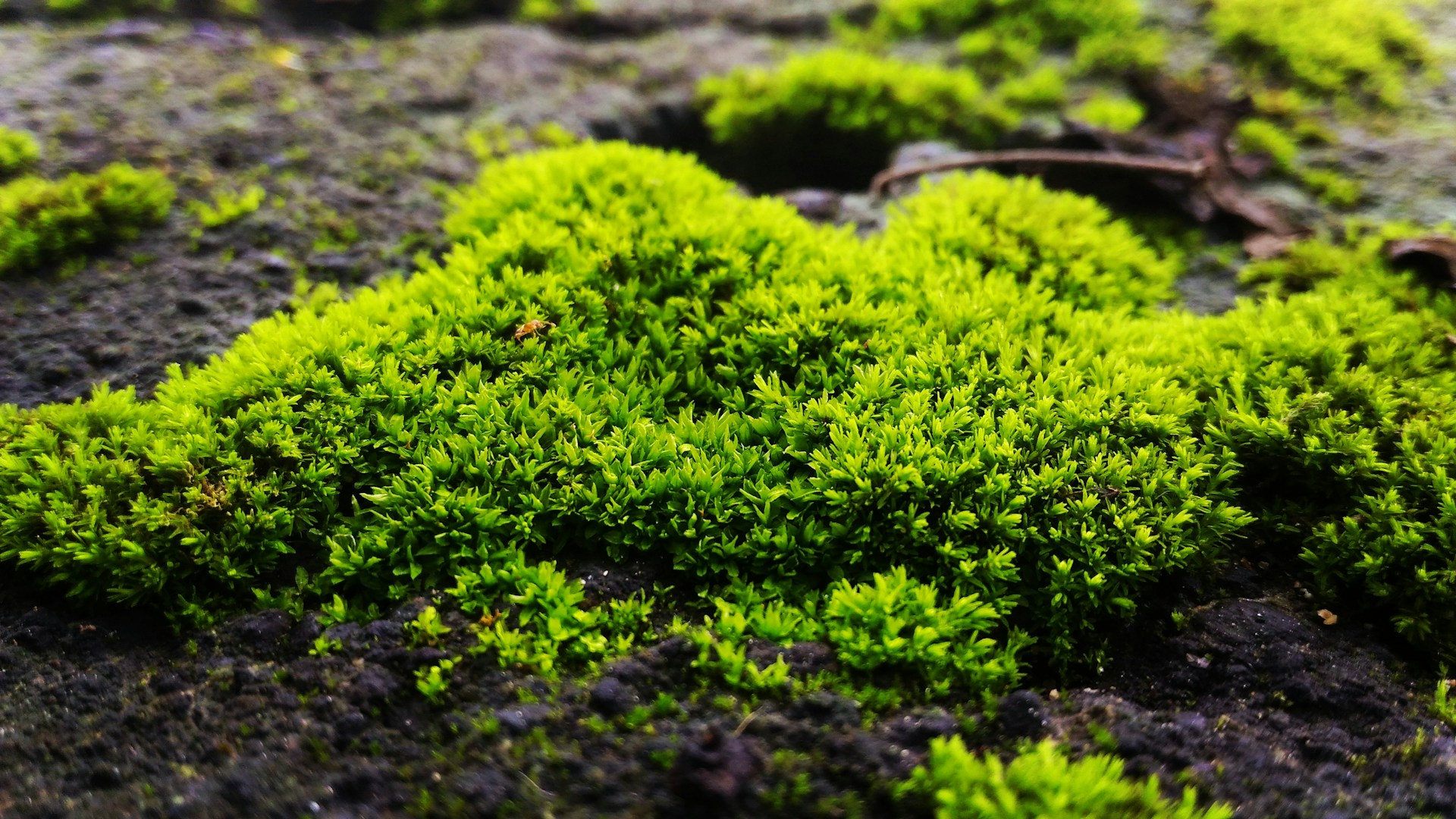It thrives in deserts, the Antarctic, and might even survive for a while on Mars. Chinese researchers hope that a type of moss could make the red planet fertile.
Mars has extremely hostile conditions for life. In the 2015 film “The Martian,” astronaut Mark Watney (played by Matt Damon) manages to grow potatoes in Martian soil by fertilizing them with his own excrement. However, how a manned Mars mission could sustainably support life on the red planet remains unresolved in real life.
Chinese scientists have now discovered an extremely resilient species of moss that can grow under Mars-like conditions. Syntrichia caninervis is currently found in Antarctica and the Mojave Desert and can withstand drought, high radiation, and extreme cold. In the journal “The Innovation,” Chinese researchers describe how the moss not only survived extreme weather conditions but also recovered quickly.
The researchers tested the moss’s limits of adaptation and were surprised by the results: The moss was able to regenerate even after being stored for five years at minus 80 degrees Celsius or around a month at minus 196 degrees Celsius. The research team also simulated the pressure, temperatures, gases, and UV radiation of the red planet. The plant passed these tests as well, according to the study.
Moss as a Source of Oxygen: A Bold Hypothesis
According to the paper, the researchers aim to test plants for Mars that could grow outside of greenhouses. “Syntrichia caninervis is a promising candidate as a pioneer plant for colonizing extraterrestrial environments,” writes the research team, which includes ecologists Daoyuan Zhang and Yuanming Zhang, and botanist Tingyun Kuang from the Chinese Academy of Sciences. It lays the foundation for building biologically sustainable human habitats beyond Earth.
The study results offer hope but are far from solving the problem of Mars’s inhospitable environment, says Stuart McDaniel, a moss expert at the University of Florida, to “The Guardian.” “The findings are exciting because the desert moss survives short stresses likely to occur on a trip to Mars, including very high radiation levels, very low temperatures, and very low oxygen levels.” However, it remains unclear whether the moss could serve as an oxygen source under Martian conditions or even reproduce.



